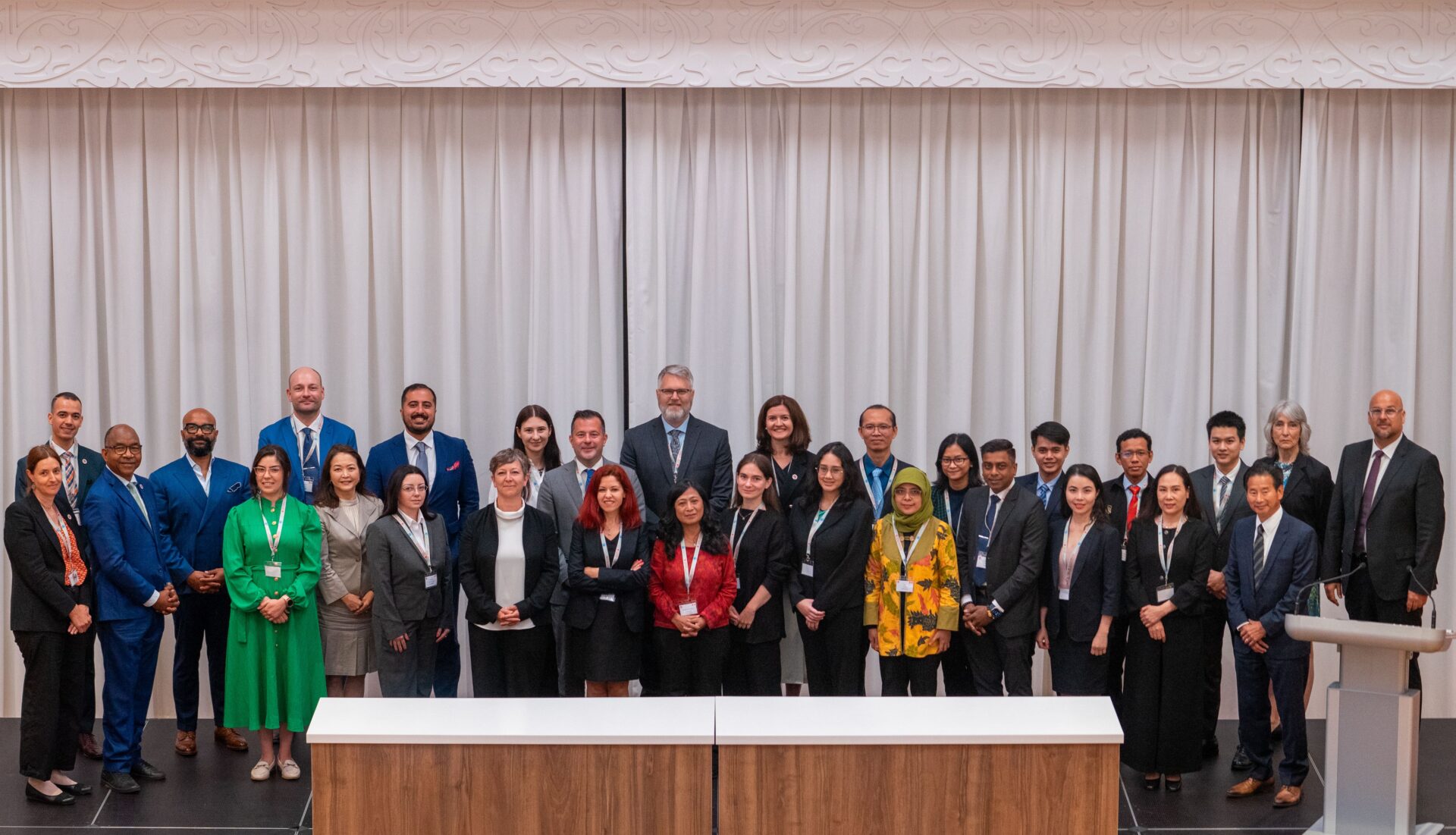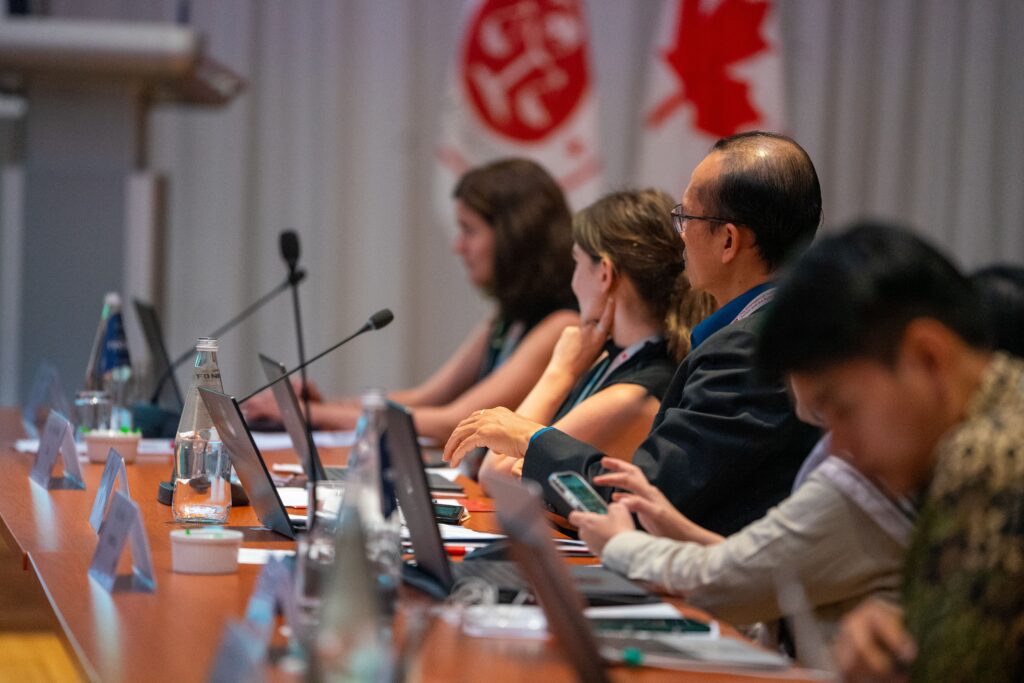
The IIJ is excited to announce the official launch of the Regional Project on Building Capacity and Improving Cooperation Mechanisms on Countering the Financing of Terrorism in Southeast Asia, a multi-year, multi-stakeholder project aiming to strengthen institutional capacities of criminal justice and financial practitioners in Cambodia, Indonesia, Laos, Malaysia, Philippines, Thailand, and Vietnam to effectively and sustainably counter illicit financial flows in the Indo-Pacific region and decrease the risks linked to the financing of terrorism.

The project implementation will follow the Plan of Action, which was drafted by the IIJ project team in close coordination with authorities of participating countries and international partners delivering technical assistance programmes in Southeast Asia, and reviewed by the country delegations at the official launch.
The project will be implemented over 27 months and will comprise three Pillars: (1) Foundational courses on investigating, prosecuting and seizing assets from crimes related to the terrorist financing and other transnational crimes (FIN-CTAC); (2) Thematic regional workshops on key and emerging CFT issues; and (3) Developing a contextualised good practices manual for CFT authorities of participating countries.
